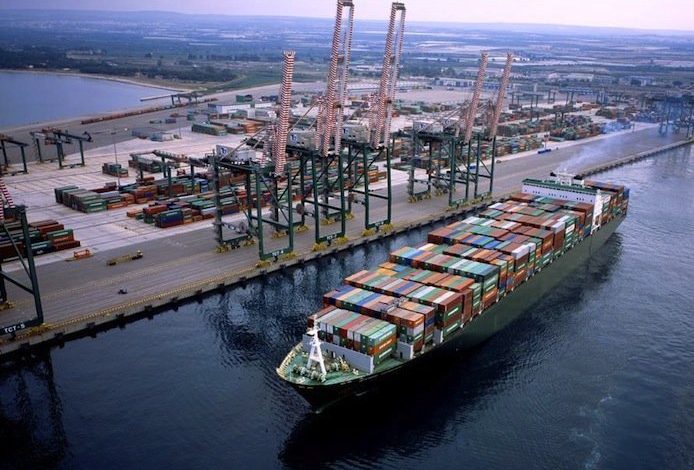Italian ports lose their tax exemption status

The European Commission has told Italy to abolish the corporate tax exemptions granted to its ports, in order to align its tax regime with EU state aid rules. Profits earned by port authorities from economic activities must be taxed under normal national corporate tax laws to avoid distortions of competition.
Commissioner Margrethe Vestager, in charge of competition policy, said: “EU competition rules recognise the relevance of ports for economic growth and regional development, allowing member states to invest in them. At the same time, to preserve competition, the commission needs to ensure that, if port authorities generate profits from economic activities, they are taxed in the same way as other companies. Today’s decision for Italy – as previously for the Netherlands, Belgium and France – makes clear that unjustified corporate tax exemptions for ports distort the level playing field and fair competition. They must be removed.”
In Italy, port authorities are fully exempt from corporate income tax. In January 2019, the commission invited Italy to adapt its legislation in order to ensure that ports would pay corporate tax on profits from economic activities in the same way as other companies in Italy, in line with EU state aid rules. In November 2019 the commission opened an in-depth investigation to assess whether or not its initial concerns as regards the compatibility of the tax exemptions for Italian ports with EU state aid rules were confirmed.
Having concluded its assessment, the commission considered that the corporate tax exemption granted to Italian ports provides them with a selective advantage, in breach of EU state aid rules. In particular, the tax exemption does not pursue a clear objective of public interest, such as the promotion of mobility or multimodal transport. The tax savings generated can be used by the port authorities to fund any type of activity or to subsidise the prices charged by the ports to customers, to the detriment of competitors and fair competition.
Italy now has to take the necessary steps to remove the tax exemption in order to ensure that, from 1 January 2022, all ports are subject to the same corporate taxation rules as other companies.
In 2019, Spain agreed to amend its corporate income tax legislation to bring it in line with EU state aid rules. Spanish ports are subject to the normal corporate income tax rules as from 2020.
